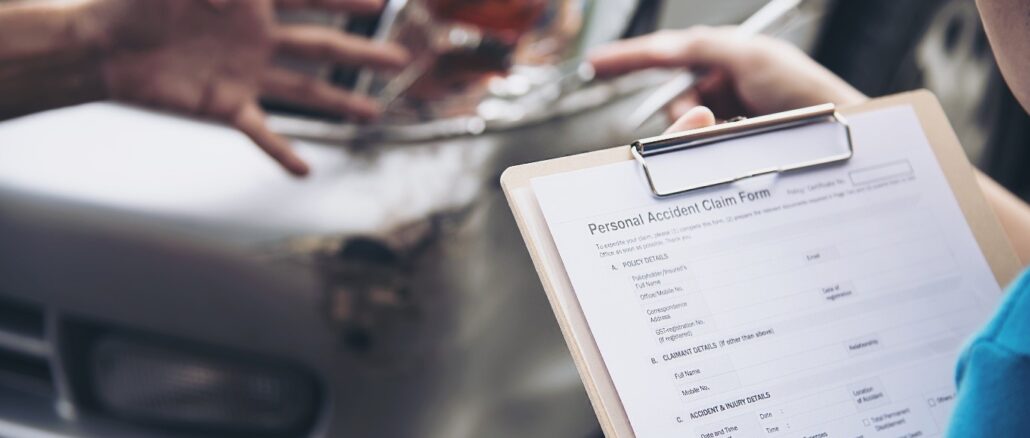
Car accidents are stressful. You may deal with medical bills, physical injuries, and emotional trauma. An even more stressful thing is handling the insurance. Being able to deal with insurance following a crash, aids in making a fast step forward.
Reporting an incident to your insurer is one of the most crucial things to do after a car accident. This puts the ball rolling and enables you to protect your rights. In this guide, we’ll look into what to do after a car accident and how you can effectively manage your insurance claim after a car accident.
Understand Your Insurance Policy
Read your policy slowly and do not speak to anyone before. Understand what you are covered for, such as collision, liability, or uninsured motorist. Know your deductible and limits.
According to the National Association of Insurance Commissioners (NAIC), a proper understanding of your policy can prevent mistakes that would cause your claim to be denied. This demonstrates the need to take time and understand what your policy encompasses prior to filing.
Being aware of such information will save you the trouble in the future. It also makes you feel confident in negotiating with your insurance company regarding your rights and duties.
Notify Your Insurance Company
Get in touch with your insurer as soon as possible—preferably in less than 24 hours. Your claim begins with a quick report.
Gather key documents such as:
- Accident report or police report.
- Crash and damage photos.
- Name and contact details of all involved.
- Details of witnesses
During conversations with insurance adjusters, speak with clarity. Do not in any way admit fault or insinuate that you were responsible for the crash. Simply present facts and keep your statements to a minimum.
When it comes down to recording your statements, be careful. Do not strive to express and guess what happened. Stick to what you know.
Thoroughly Review Settlement
When you receive a settlement offering, make sure to read it thoroughly when the insurer sends it to you. Look out for the following details:
- Does it include all repairs or medical expenses?
- Is it reasonable when compared to estimates by repair shops or hospitals?
You are entitled to ask questions. When the offer is low, present them with additional evidence, e.g., invoices, expert opinion, or pictures of more damage.
Be calm. Ask them how they arrived at their own evaluation of the case. Make sure to negotiate until you consider it reasonable.
Get Legal Support
When the claim is big or complex, you may want to consider hiring a lawyer. A study reveals that most of the claimants who employ an attorney receive a better settlement.
A legal professional understands legal rules and regulations and is in a position to provide guidance to you during the whole process. They can advise you on when an offer should be accepted or when to push further for more.
As a general rule of thumb, small damages may not require getting an attorney. However, in the case of serious injuries or losses, it can be wise to seek legal assistance.
Final Thoughts
Handling insurance after an accident can feel very tough and overwhelming. It doesn’t need to be so. By following the above simple steps, you can handle the insurance process after a car accident with confidence and clarity.
A quick recap of how you can handle insurance after a car accident:
- Know your policy coverage and limits. This gives you power in the process.
- Notify your insurance company quickly. Gather facts and speak clearly.
- Communicate carefully with insurers and don’t admit fault.
- Review settlement offers. Don’t just sign. Make sure it covers your costs.
- Call a lawyer if needed, especially when the claim is complex or large. It can make a big difference.

